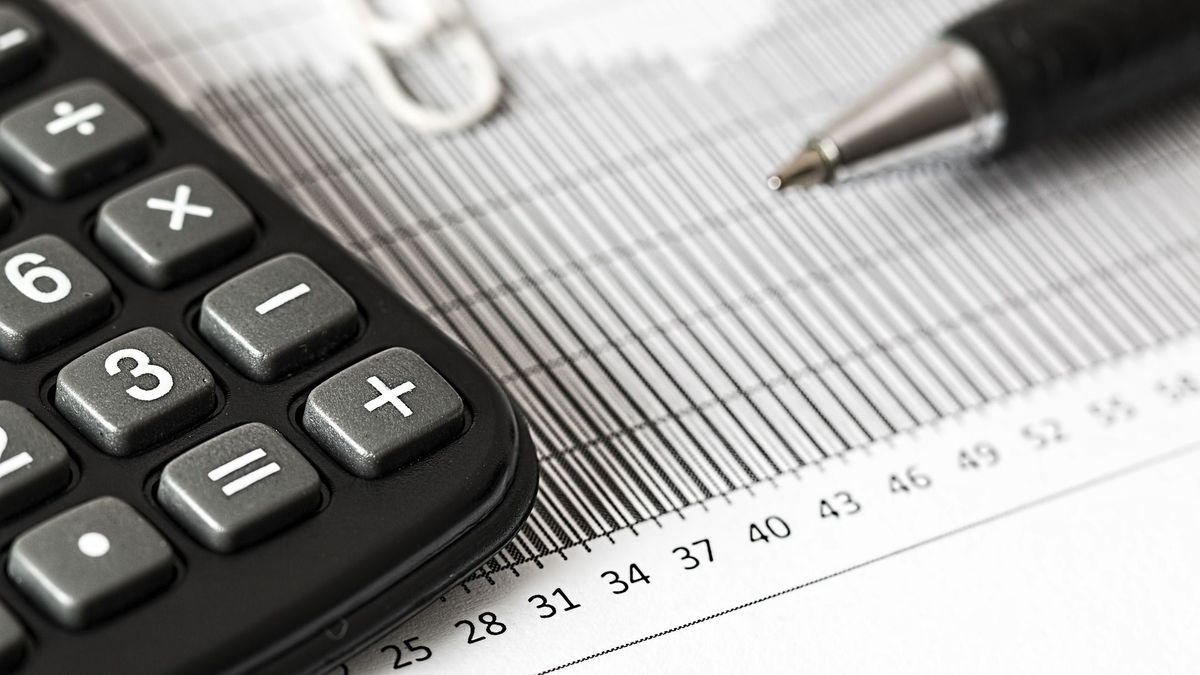If everything goes well in the Senate and the fiscal package proposed by the government is approved, Starting January 1, 2025, consumers will be able to see the discriminated amount of taxes on the invoices they receive.
Taxpayers considered the measure positivealthough they also warned about the costs that the change will demand for businesses and that the provinces should join so that the tax impact on the final price of goods and services is reflected more clearly.
Vicente Lourenzo, advisor on fiscal and tax issues of small and medium-sized businesses told Ambito that in order to discriminate against VAT, which is the main national tax ““Modifications would have to be made to the fiscal controllers and that demands cost.”
Lourenzo considered that the law that already has the approval of the deputies ““give a reasonable amount of time” so that merchants can carry out those changes.
As he tax ticket issuer from a supermarket, for example like the accounting systems of companies are going to have to be modified. Currently, when a firm makes a sale and issues an invoice, the accounting system records a sale for the final amount, and divides it by 1.21, to obtain the amount of VAT charged.
Lourenzo opined that “It is good for the consumer to know what they are paying in taxes” when you buy something. When making a comparison with consumers of United States, he pointed out that there the public is aware that when they are informed about a price, it does not include taxes.
The accountant noted that as the bill invites the provinces to join the initiative So that they also discriminate against the Gross Income Tax, which is the other fiscal leg that the consumer pays, the governors should accompany.
Waiting for the provinces to join
“I don’t think they’re going to do it, or they’re going to try to avoid it. The provinces can join, but national law cannot force them,” he explained.
Beyond that, he indicated that the iInclusion of indirect taxes from the provinces “would be complicated” because each jurisdiction charges a different rate depending on the type of activity. More so if it were intended to add the municipal rates linked to billing, such as Safety and Hygiene in the province of Buenos Aires, where each district determines if it charges it and how much, which would mean that each city would have to have a configuration of controllers and systems different accountants.
Even so, accountants welcome the initiative of the Executive Branch. Sebastián Domínguez, CEO of SDC Asesores Tributarios, pointed out that fiscal transparency “is something that It has been requested for many years.”.
It should be remembered that originally, VAT was discriminated on the invoice, both for the final consumer and the one issued to registered responsible parties. But they were times when the systems were artisanal. The invoices were made practically by hand. But Domingo Cavallo, in the 90s, sent Congress a modification to the law to prohibit informing people how much they paid in taxes.
“While the provinces are invited to include provincial and municipal taxes, I don’t think there is much interest in showing it,” Domínguez added. On the other hand, the CEO of SDC Asesores Tributarios considered that the case where the tax impact on the final value will be best seen is that of cars, since there are also added Internal Taxes that have a determining influence on what the customer pays. consumer.
Meanwhile, he explained that to make a change in the billing system it takes about three months, so the term established by law He is quite generous with all the actors in the system.
Of course, the difficulties probably have to do with the costs that will be required software changes and controllers approved by the AFIP to deliver tickets.
In another aspect, Domónguez highlighted that article 108 of the Bases p lawIt prohibits promoting events organized by the State under the name “free.” “Although it is free to enter, someone pays for it,” explained the financial advisor, who highlighted that it will have to be stated that it is “paid for by taxpayers.”
Source: Ambito




